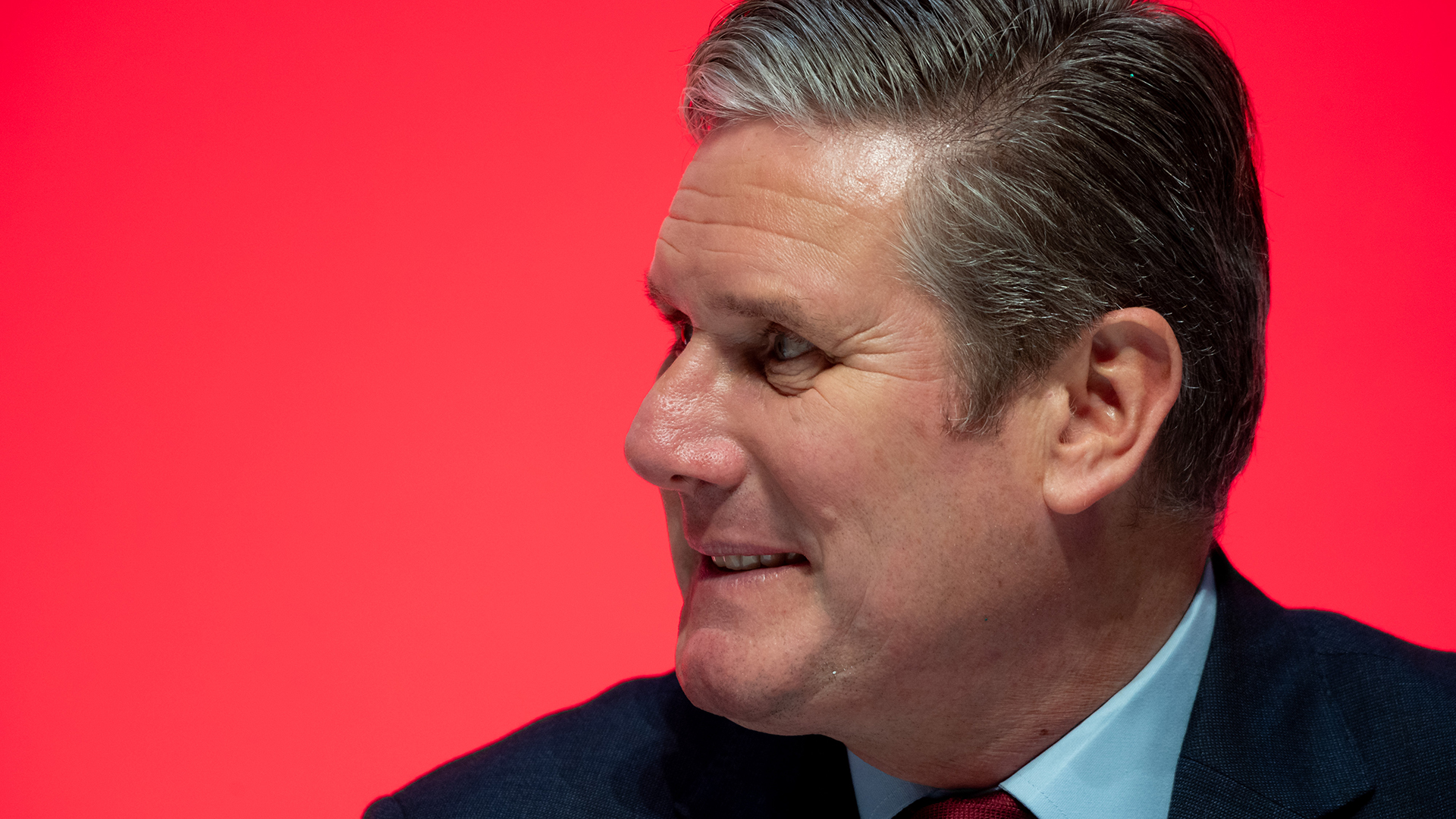I am big fan of Toast of London. At present, I watch, then rewatch, old episodes. It is completely absurd. Things happen without reason, actions have no real consequence, regardless of how outlandish, and reality and time are fluid concepts.
In case you are yet to land on Toast, it is, at heart, based around the life of a failed, or at best failing, Soho-haunting actor and voice-over artiste called Steven Toast. He’s much more convinced of his talent than anybody else. He has no real sense of humour or self-awareness. He messes up every job. His nemesis is Ray ‘bloody’ Purchase. There are characters with names like Clancy Moped, Duncan Clench, Cliff Promise, Jane Plough (pronounced pluff), his chain-smoking agent, and Clem Fandango. Toast really hates Clem Fandango, the sound engineer for his voice-overs.
In Toast’s world Bob Monkhouse is hosting the Royal Variety show (he’s not dead), Toast becomes besotted with the charismatic Jon Hamm, leading to Toast’s father invertedly leaving Hamm everything in his will, and Toast burns down the Globe Theatre to avoid a critical mauling. This barely begins to take us into Toast’s world.
Get the latest news and insight into how the Big Issue magazine is made by signing up for the Inside Big Issue newsletter
Co-written by Arthur Mathews, who co-created Father Ted, and Matt Berry, (Toast himself), it does what Father Ted frequently managed – shows up the vacuity, vanity and self-importance of many people and the ludicrousness of things we accept as reality. Some of the episodes are over 10 years old, but they feel increasingly apposite.
We are in the era of absurdity in public life. Take the government’s plan to criminalise rough sleepers. Part of that involved fining rough sleepers £2,500 for being a rough sleeper. That sounds like a Toast subplot. At what point does somebody in the meeting when such an idea is conceived say, hold on there lads, just had a thought – if they had £2,500 maybe they wouldn’t be rough sleeping.









